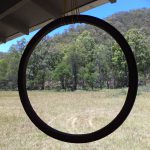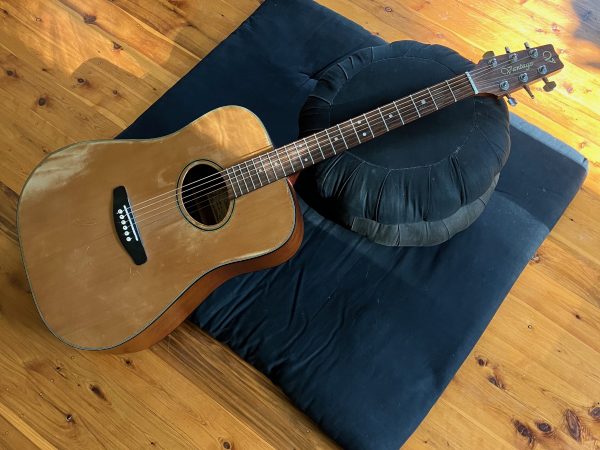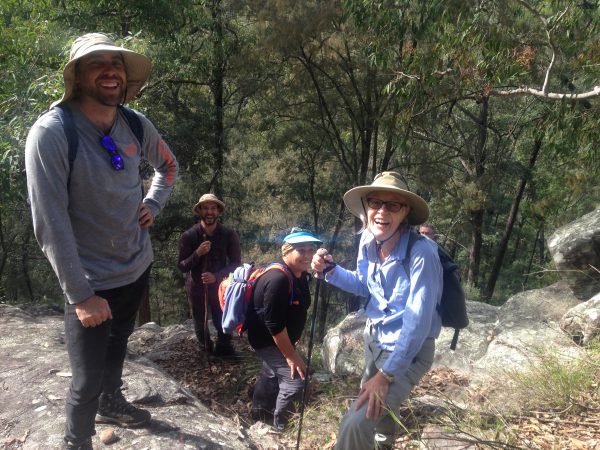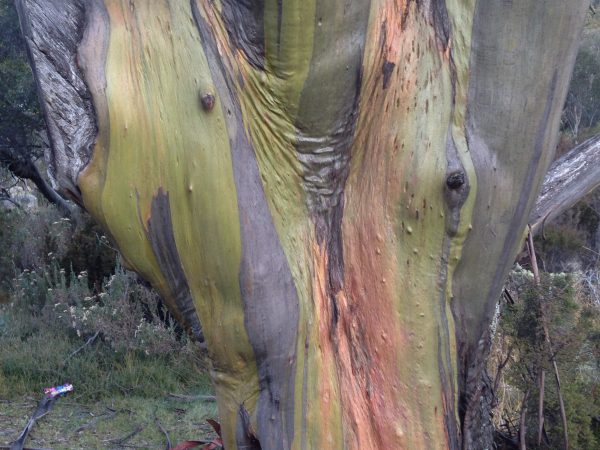Coming to our senses
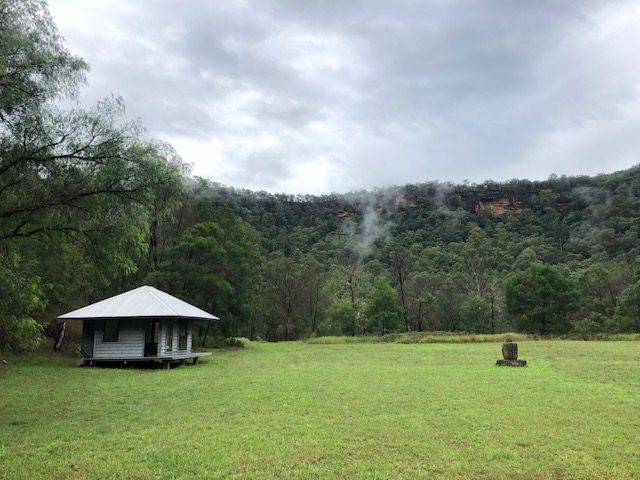
Encountering the soundscape at Kodoji is one of the treasures of sitting in the magical valley. Bird songs, rain songs, wind songs, cricket songs, kitchen songs, to name a few—natural and naturally merging with the mind. With the sound of deep silence holding everything there. Only the occasional shrill ring of the telephone can be disturbing, setting up a scurry of thoughts, especially portending emergency as it often does.
Coming home from the recent sesshin to our rented flat in central Manly, I found myself longing again for the tranquility of that place, as I have sometimes longed for our old house in Mt Colah adjacent to bush. How can you sit in peace when there are cars and street cleaning and pedestrian traffic, even at 5 am? (Surfers get up early!) For zazen, a quiet place is suitable, instructs Dogen. Fair enough. But that’s not always available. What about welcoming all sounds instead of considering some as distractions or impediments? What about letting the world in completely?
Bassui’s wonderful koan “Who is hearing that sound?” or just “Who is hearing?” was prominent at sesshin, as the teisho on Day One and later as a field for practice instructions. In working with the koan you are counselled to open the windows of the mind, to let sounds come to you—not straining after them—and to remember the question, letting it naturally arise: “Who is hearing?” “Who?” On my cushion back here, there was an “aha” moment, realising that truly taking up this question allows for wholeness. If the mind is “busy,” then the busy sounds “outside” are just part of that busy mind. If the mind is silent, the sounds are like ornaments—plumbing upstairs, the high pitched noise of school kids, snippets of talk, whooshes and whirs and honks—all of a piece. Peace. (Even the accidentally activated fire alarm in the building last Monday and our agitated expostulations.)
Followers of the Way, declares Linji, the mind is without form and pervades the ten directions.
In the eye it is called seeing, in the ear it is called hearing,
In the nose it smells odours, in the mouth it holds converse
In the hands it grasps and seizes, in the feet it runs and carries.
Fundamentally it is one pure radiance; divided it becomes the six harmoniously united spheres of sense. If the mind is void, wherever you are, you are emancipated.
It’s the senses that bring us home, after all, when there’s no filtering of self-concern, no names and forms intervening, no reactive setting up likes against dislikes. How is it to stop and see, without setting out to see, without doing? Moon and mist and clouds and trees and wagtail come forth. Who is seeing? Touching? Smelling? Tasting? Thinking? Get out of the way and dharma gates open. The revelation of non-duality is mutual and entire. But enough pontificating. Back to the afternoon’s spicy tea and banana bread.
This was written by Maggie Gluek, roshi for the June/July 2021 edition of the Newsletter.


